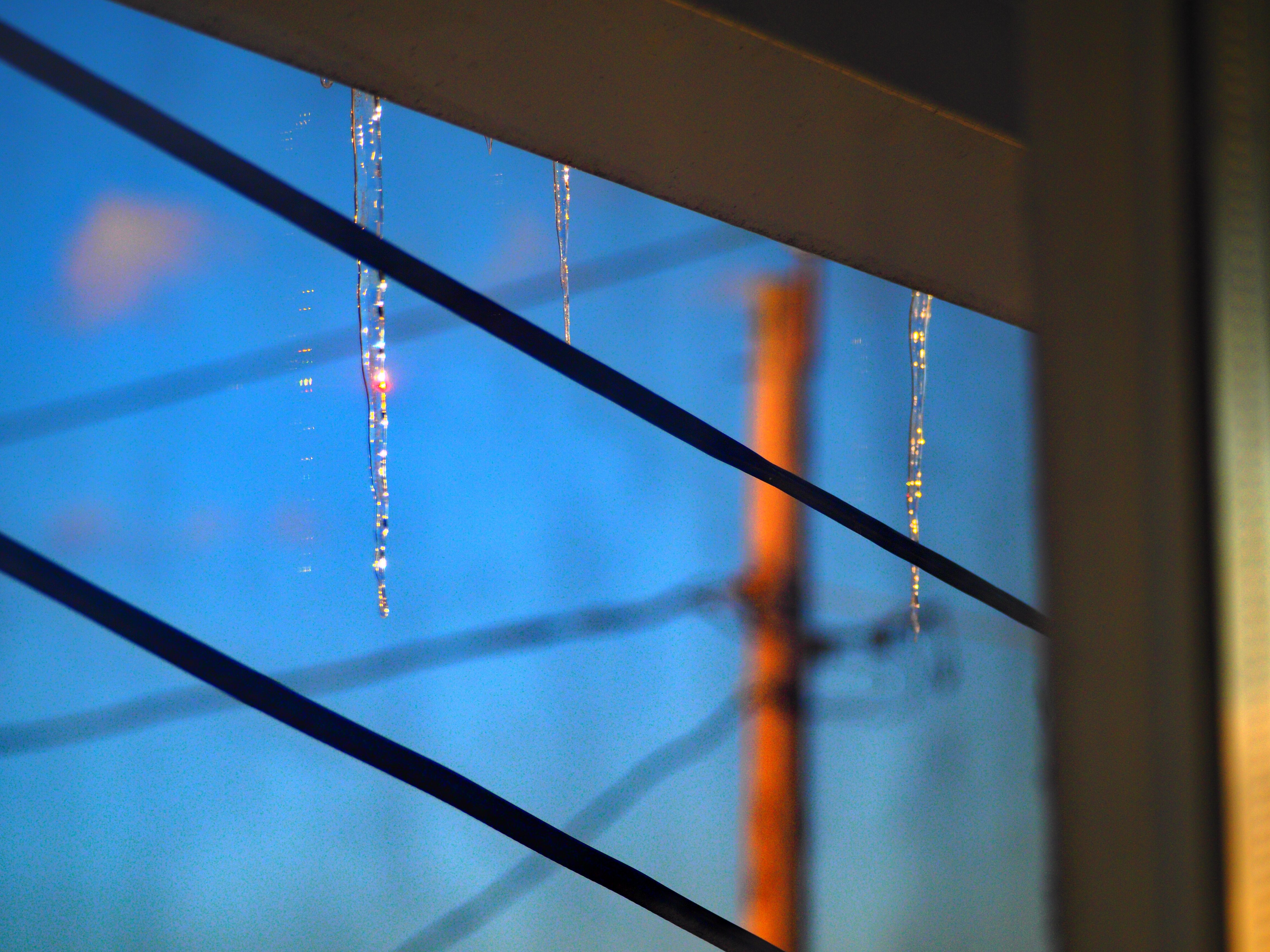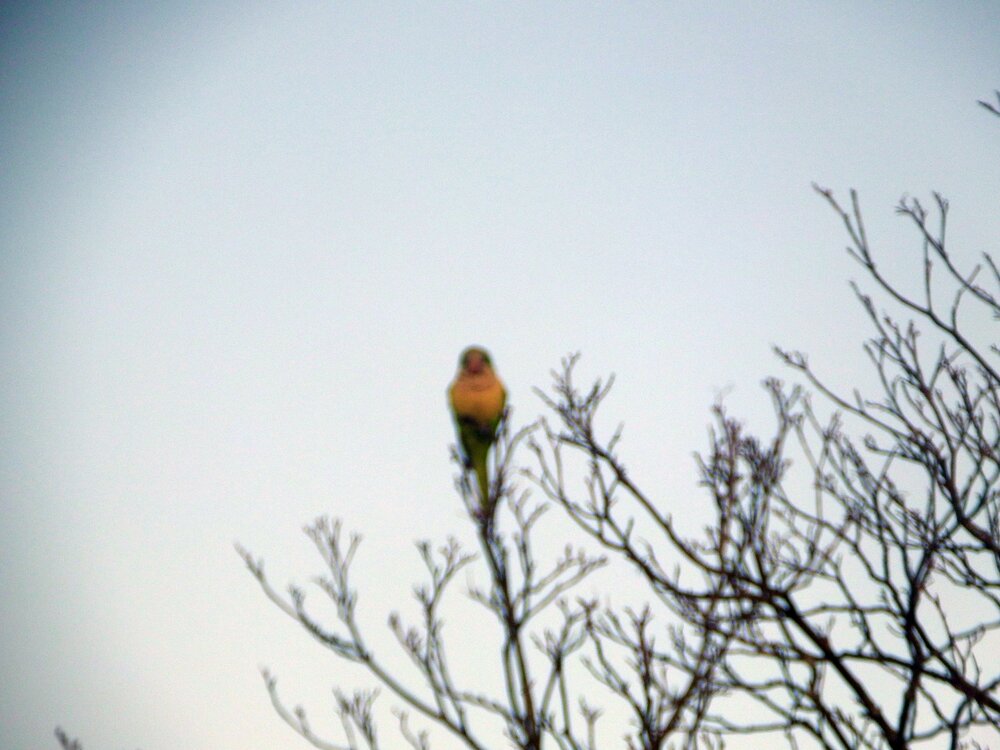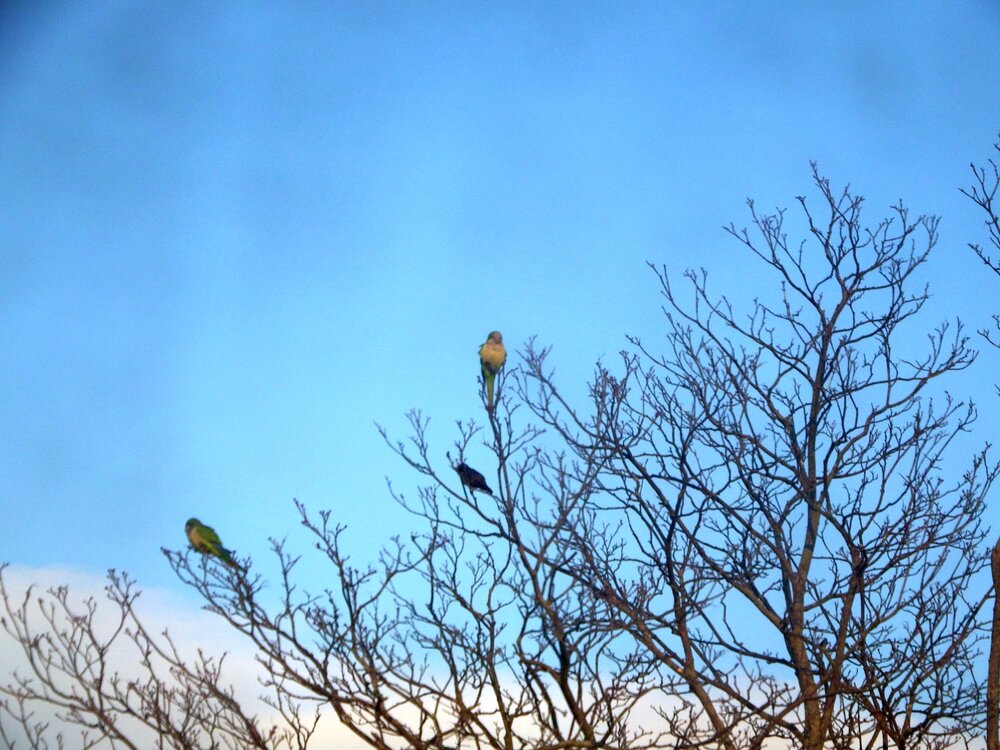-
Posts
44,789 -
Joined
Content Type
Profiles
Blogs
Forums
American Weather
Media Demo
Store
Gallery
Everything posted by LibertyBell
-
What's the reason it happens in February, Chris? I noticed that during that colder era it would often flip back to colder again in March. Is there something about February that makes it so different from both January and March?
-
1994 had the real warm up a few days after the second snowstorm in February and then we went back to cold and snowy in March.
-
the last week of January is when these forecasts gain some accuracy.
-
The field is remarkably good at making specific weather calls within 3 days Don, but the Day 5-7 period and especially beyond Day 7 is very much a toss up. Outside of very general terms, there should be no forecasts made past 7 days.
-
Was this the date that supermarket roof collapsed in Massapequa back in 1996, Tony? It was also the coldest morning back in 1994.
-
It shows that a 50/50 low can be a bad thing if it's too strong. The winds were really bad for many days.
-
Looks like we finally have a projection of below 30.0 Don, maybe the next few snowfall chances are helping to bring the January projected average lower?
-
I wasn't able to zoom in all the way before they flew away again (unlike with the Cooper's Hawk) and didn't even properly focus (the camera was in manual focus mode), so this is the closest I got.
-
-
How does that compare to the famous Christmas storm of 2004?
-
I remember we talked about it back then-- in the December 2003 storm we were supposed to be rain for the first half of the storm but the rain/snow line was about 5 miles south of us so we got the higher totals on the first day. On the second day it was colder but we didn't get as much snow-- the heavier totals were east of us out by Farmingdale who got about 20 inches.
-
you guys are confusing the late January storm with the one he's talking about which happened earlier in the month. The one he's referencing developed a little too late for us to get historic amounts, though it was still major with 6-9 inches. Central Long Island got close to 20 inches, being closer to the low bombing near Montauk.






